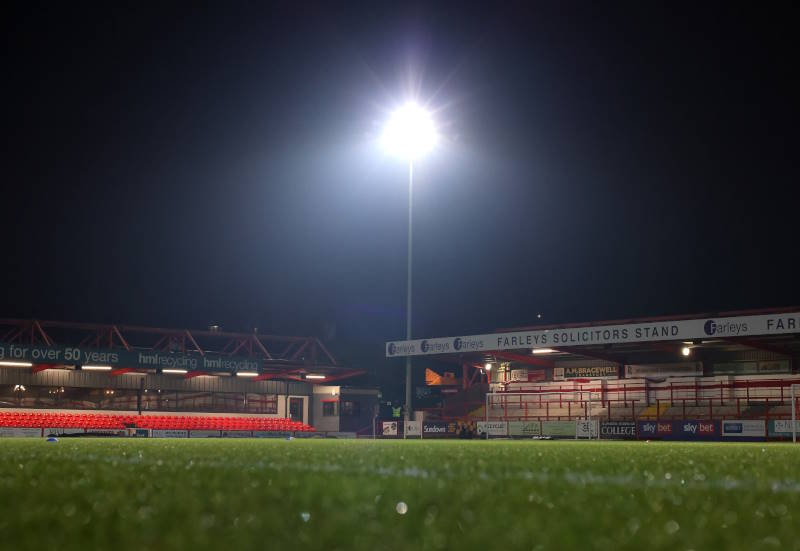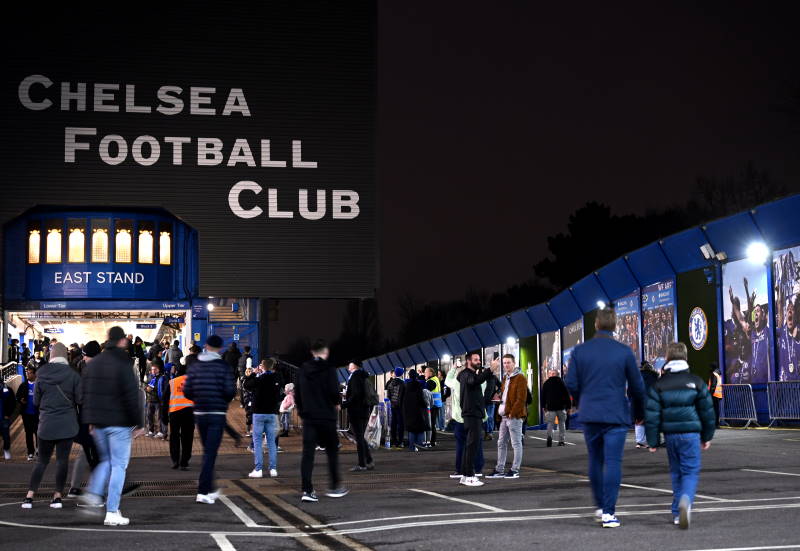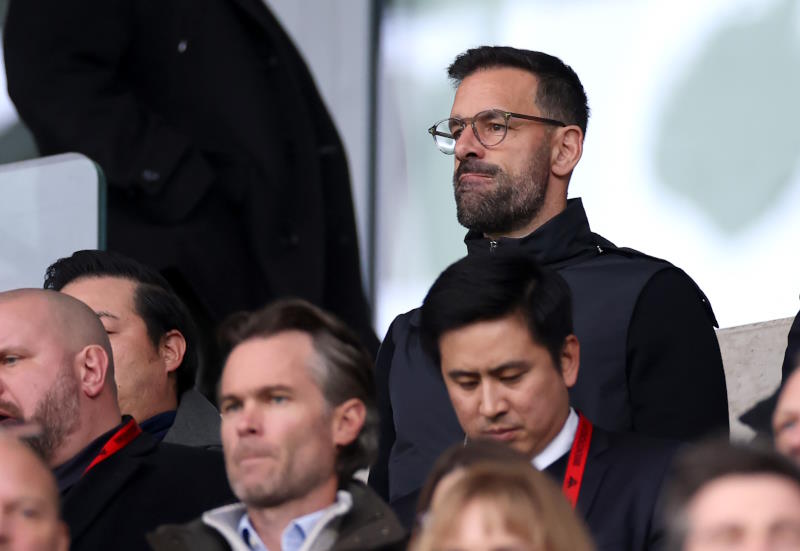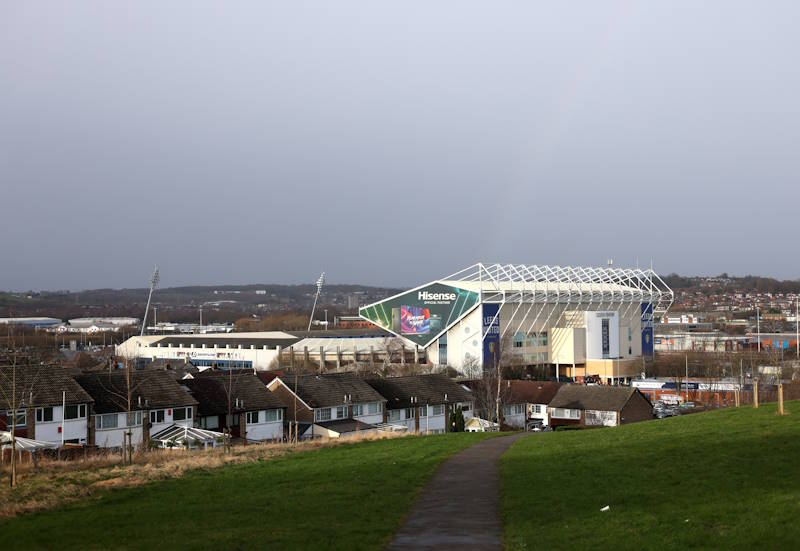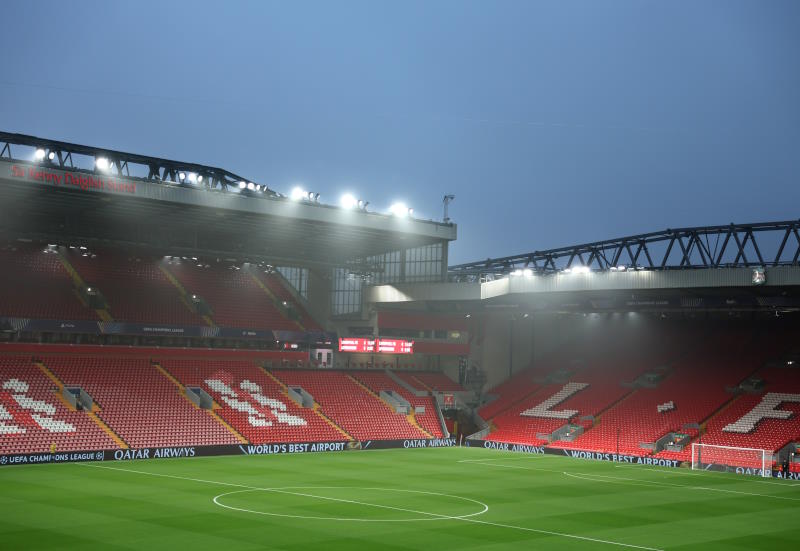
The 2010 World Cup will be remembered for a lot of things: the incessant noise of the vuvuzelas announcing the first ever African hosting of the tournament; a series of shock results, from Italy’s early exit and Switzerland anti-footballing Spain to Uruguay’s run to the semi-finals and Germany’s thrashings of England and Argentina; and a couple of dodgy calls which have advanced the cause of those pushing for video replays, potentially changing the way the game is played at the top level.
However, while it has been a memorable competition in terms of drama, late twists and unpredictability, the quality of the football has been fairly poor overall – much worse than that in Germany four years ago – and has been more notable for goalkeeping howlers, defensive formations and an air of cynicism than goals, gods and glory. There have been some good games – Germany have been involved in most, and Italy-Slovakia, USA-Slovenia and most of the quarter-finals were very entertaining – but certainly no great ones, and much of the group stage games, especially the first round, were cagey at best and soporifically awful at their worst. For every Spain, Germany and Argentina there has been a dour Brazil, a functional Holland or a woefully negative England.
The reasons for this are many and debatable, but a general trend towards playing not to lose and a greater tactical intelligence across world football has contributed to there being less whipping boys and hence closer groups, which causes greater nervousness and has seemed to creep into the way teams have played. As an opening draw leaves one unable to be knocked out before the final round of group matches, and with some galvanised by the defensive masterclasses in the first performances of Switzerland, Paraguay and Portugal, stifling the opposition has become the vogue, which has detracted from the enjoyment and quality of the (attacking) football.
These problems aren’t specific to the World Cup either, as the Champions League group stage also has the issue of a series of interminably tedious matches early on, with teams desperate not to concede at home, minnows keeping ten men behind the ball against the big boys and consequently a number of games are just not worth watching. The UEFA Cup/Europa League has had similar problems since it awkwardly shoehorned its own group stage in, and even in qualifying for major tournaments there is this sense of dullness and settling for a point in order to sneak through.
So what can be done to incentivise teams to play attacking football, to reward the likes of Chile and Mexico in their attempts to play an expansive and appealing style? As with many problems in football, the answer can be found in the example set in other sports.
In 1995, the New Zealand National Provincial Championship, exasperated by worsening standards and ever more cynical rugby being played, introduced a bonus point for teams that scored four tries or more, and sides that lost by less than seven points were also given a point for keeping the scoreline respectable. It has since been adopted by nearly all the major rugby union competitions, including the Rugby World Cup since 2003, with only the Six Nations yet to factor it into their scoring system, and has now become as accepted as television replays and other innovations in the sport.
This system could easily be adapted into the football group stages, with a bonus point for teams that score three goals or more though it would seem unnecessary to award a point for teams that lose by only a narrow margin, as this is far too common and would require giving two points for a draw instead of just one, which could make a high-scoring draw as valuable as a tight win. It is not the first time the rules have been changed to make the game more exciting – it was only in 1981 that it became three points for a win instead of two to increase the value of a victory, and this was only adopted in the World Cup from USA ’94 – so there is precedent for the rules evolving to improve the nature of the games being played.
TV replays/challenges, additional assistants and goal-line technology may help referees to ensure justice is done to the result, but bonus points will benefit those who aim to play the entertaining football that fans who pay for tickets want to see. Teams will still be punished for having poor defences and lacking tactical discipline with the consequences of defeat, but with more incentive to go forward, those that have the courage to attack will have a greater chance of reaping the good they sew. In the same way that the violence and pessimism of much of Italia ’90 helped the game to progress, the patches of boredom and inertia in South Africa may be remembered as another turning point in beautifying the beautiful game.



